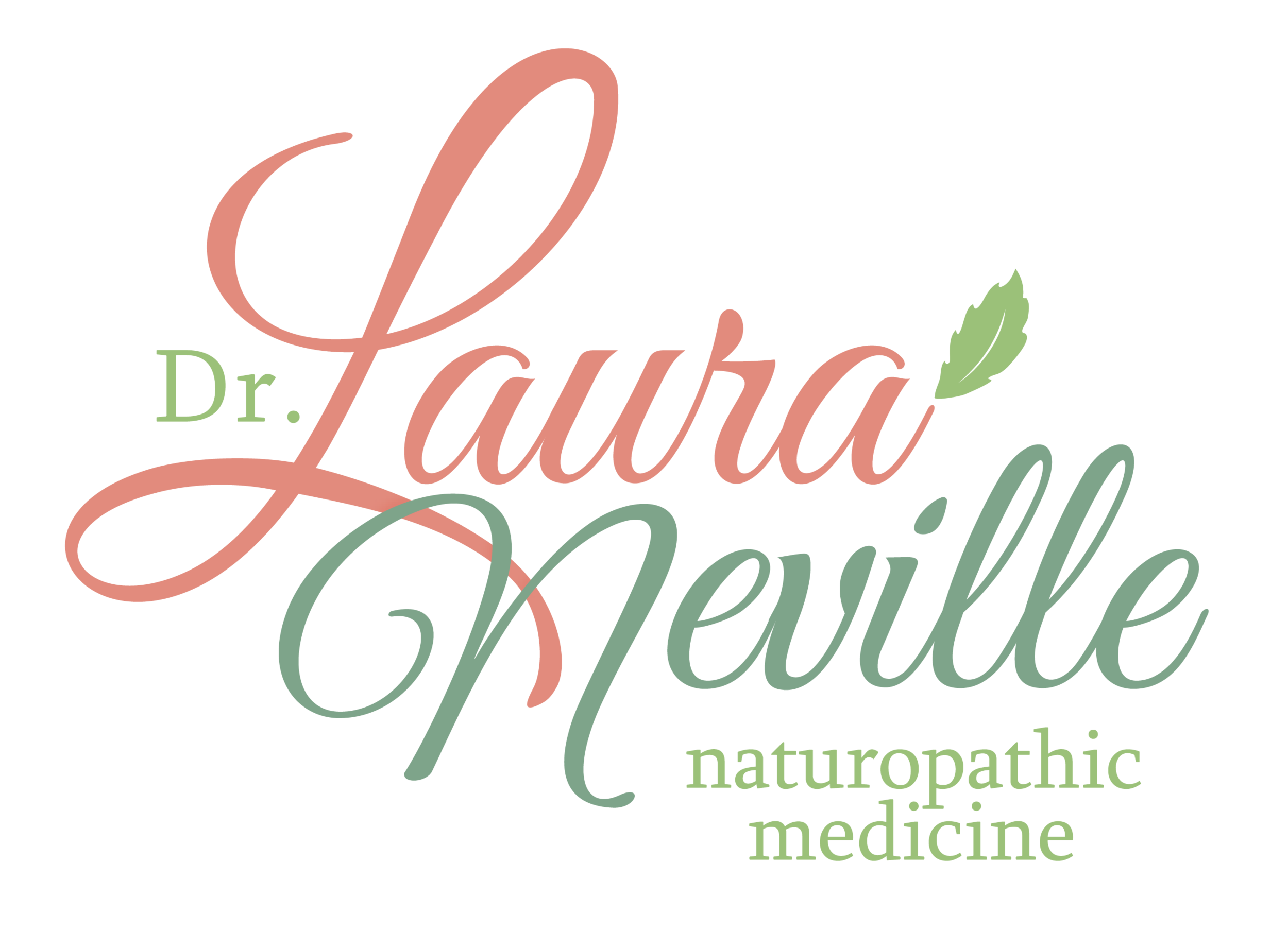Stress Management And How It Relates To Adrenal Fatigue
While short-term stress is normal, long-term chronic stress has been associated with numerous health conditions such as anxiety, hypertension, chronic fatigue syndrome, HPA axis dysfunction (aka adrenal fatigue), and metabolic syndrome.
Inside Stress:
No one can avoid stress entirely but what truly matters is how each person internalizes stress. For one person, a spider, flying in an airplane, or keeping up with the daily grind is no big deal - for another, all of this can be downright traumatizing.
We are born with certain genetic predispositions but these genes are "cooked" by our environment, especially in early infancy and childhood. This is when our "stress response" is molded. Often, those with chronic anxiety and a heightented stress response have had early negative life experiences which shaped this sensitivity. While these experiences cannot be changed, knowing the cause can be helpful to shift away from self-blame.
Resilience Foundation:
Eating a healthy diet (dense in fruits and vegetables at every meal), restorative sleep, exercising regularly, and utilizing relaxation techniques establishes a foundation to keep stress levels well managed. With these factors in balance, stress can even act as a healthy fuel source.
Cherries on Top:
Nutritional supplements and botanicals (which I call "cherries on top") can also help to improve stress resilience and support healthy adrenal gland function.
The following nutrients/botanical have been show to improve adrenal health:
Vitamin C
One of the highest concentrations of vitamin C in the body is found in the adrenal glands. The adrenal glands play a key role in the stress response, secreting the hormones adrenaline, aldosterone, and cortisol. The adrenal glands also secrete vitamin C as a response to stress. Research has shown that individuals supplementing with vitamin C (ascorbic acid) demonstrate lower blood pressure, faster salivary cortisol recovery, and better subjective stress responses.
GABA
Gamma-Aminobutyric acid, more commonly referred to as GABA is a neurotransmitter produced by the body. The primary role of GABA is to reduce the excitability of neurons throughout the nervous system, inducing a calming effect. Research demonstrates that GABA supplementation reduces anxiety and improves sleep, helping individuals fall asleep faster and stay asleep longer.
L-theanine
L-theanine, an amino acid commonly found in green tea, is well-known for promoting relaxation and improving sleep. Research has shown that L-theanine supplementation improves subjective stress and salivary cortisol responses when individuals are confronted with a stressor. L-theanine supplementation also decreases anxiety, depressive symptoms, and sleep disturbances in individuals with Major Depressive Disorder (MDD).
Withania somnifera (Ashwagandha)
Adaptogens refer to a group of plants or herbs that help the body adapt to stress, normalize body functions, and maintain homeostasis. Withania somnifera, commonly known as ashwagandha, “Indian Winter Cherry”, or “Indian Ginseng”, is well-known for its adaptogenic, antioxidant, and immune-supportive properties. Studies have shown that ashwagandha supplementation improves serum cortisol levels, perceived stress and happiness, food cravings, body weight, and body mass index.
Rhodiola rosea (Rhodiola)
Historically used in traditional Chinese medicine, the adaptogen Rhodiola rosea is known for its ability to reduce stress, decrease cortisol levels, and improve physical endurance. Several studies have also shown that rhodiola supplementation improves mental performance, concentration, and energy levels.
Eleutherococcus senticosus (Siberian ginseng)
Eleutherococcus senticosus, or Siberian ginseng, is a wild shrub of the Araliaceae family. Similar to ashwagandha and rhodiola, Siberian ginseng is known primarily for its adaptogenic effects. Siberian ginseng has been associated with reductions in heart rate and systolic blood pressure in women. Studies have also shown that supplementation with Siberian ginseng reduces severity and duration of fatigue.
Relaxation & Stress Reduction
While supplementation can provide your body with extra support during periods of stress, it is essential to understand your personal stress response and address the factors contributing to your stress. Having a list of stess management tools to grab from during time of stress can be crucial. Some of my top favorites include :
Yoga
Deep, diaphragmatic breathing
Make sleep a priority
Meet up with a friend to chat
Walk in nature
Diffuse essential oils such as lavender or frankinsence
Journal
Meditation/stress management apps like: Calm, 10% happier, Headpsace, HelloMind, Sanity&Self
Quotes that help to shift perspective
“I've had a lot of worries in my life, most of which never happened.”
― Mark Twain
When stressed, we tend to forget the very things that will help us most. I recommend keeping a list of your favorite stress management go-tos because of this. You will be able to quickly remind yourself of these tools and take action.
Message me your favorites so I can continue to add to this list and share with others!
To your energy,
-Dr. Laura Neville
IMAGINE A LIFE OF BEAUTIFULLY BALANCED HORMONES AND EVERLASTING ENERGY . . .
Step 1 - let’s find out what type of hormone imbalance you are dealing with…
